Bam: SK Reform with First Anti-Dynasty Provision Passed on Bicam
The country will soon have its first anti-dynasty law with the bicameral conference committee’s approval of the Sangguniang Kabataan (SK) Reform Act.
According to Sen. Bam Aquino, chairman of the Committee on Youth, the bicameral conference committee has approved the inclusion of an anti-dynasty provision which bars relatives of local elected and appointed officials up to second level of consanguinity and relatives of national and appointed officials from sitting as SK officials.
“We’re now getting closer to making the country’s SK system into an effective way to shape the youth to become better and effective public servants in the future,” said Sen. Bam, a co-author and co-sponsor of the measure.
“With its anti-dynasty provision, the SK Reform Act aims to implement genuine reform in the country’s electoral system when it comes to youth representation,” added Sen. Bam.
Sen. Bam headed the Senate contingent while South Cotabato Pedro Acharon led the House contingent in the bicameral conference committee.
Other lawmakers who joined the bicameral conference committee were Sens. JV Ejercito, Koko Pimentel, Nancy Binay; Dinagat Rep. Arlene Bag-ao, Cebu Rep. Raul del Mar, Akbayan Party-list Rep. Barry Gutierrez and Davao del Norte Rep. Anthony del Rosario.
Aside from the anti-dynasty provision, the bicameral conference committee also approved the adjustment of age limit of SK officials from 15-17 to 18-24 years old, making them legally capable of entering into contracts and be held accountable and liable for their actions.
If enacted into law, SK officials are required to undergo leadership training programs to expose them to the best practices in governance and guide their development as leaders.
The SK Reform Act also mandates the creation of the Local Youth Development Council (LYDC), a council that will support the Sangguniang Kabataan and ensure the participation of more youth through youth organizations.
The LYDC will be composed of representatives from the different youth organizations in the community – student councils, church and youth faith groups, youth-serving organizations, and community-based youth groups.
“The LYDC aims to harmonize, broaden and strengthen all programs and initiatives of the local government and non-governmental organizations for the youth sector,” said Sen. Bam, a former student council president and chair of the National Youth Commission.
Furthermore, the ratified version will allow the SK financial empowerment and accountability, where 10% of baranggay funds will be managed by the youth leaders for their projects and programs. They may enter contracts on their own, but will be accountable for all disbursements.
Once ratified by both Houses, the final version of the SK Reform Act will be transmitted to Malacanang for President Aquino’s approval.
Also, National Youth Commission Chairman Gio Tingson lauded the development.
“Legislators have long promised reforms for the youth. This is a concrete delivery of that promised and we thank our champion legislators for their untiring efforts for the Filipino youth,” he said.
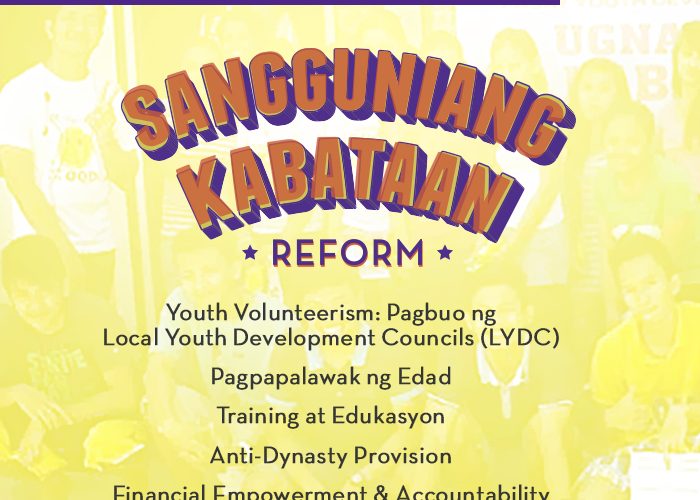

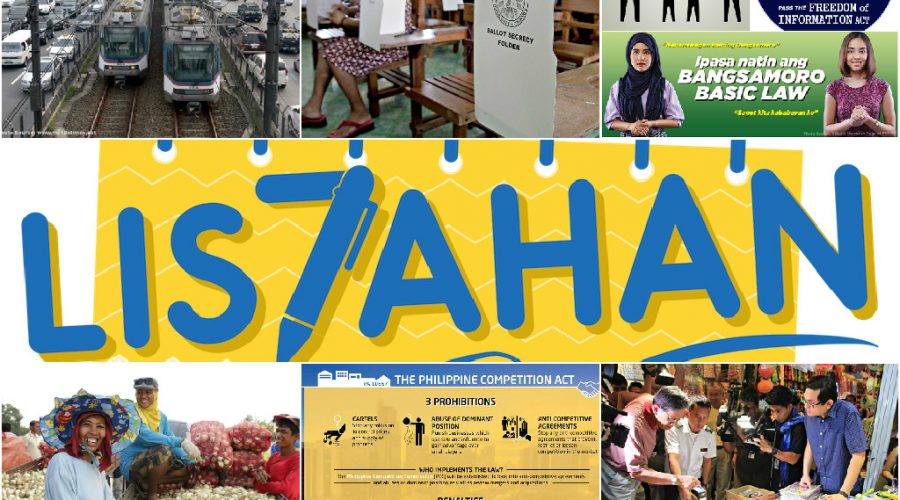

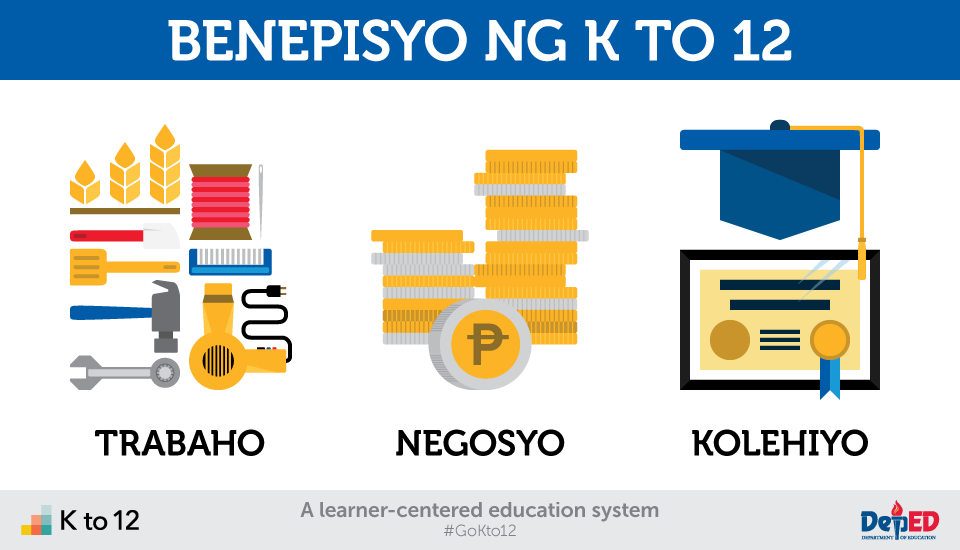
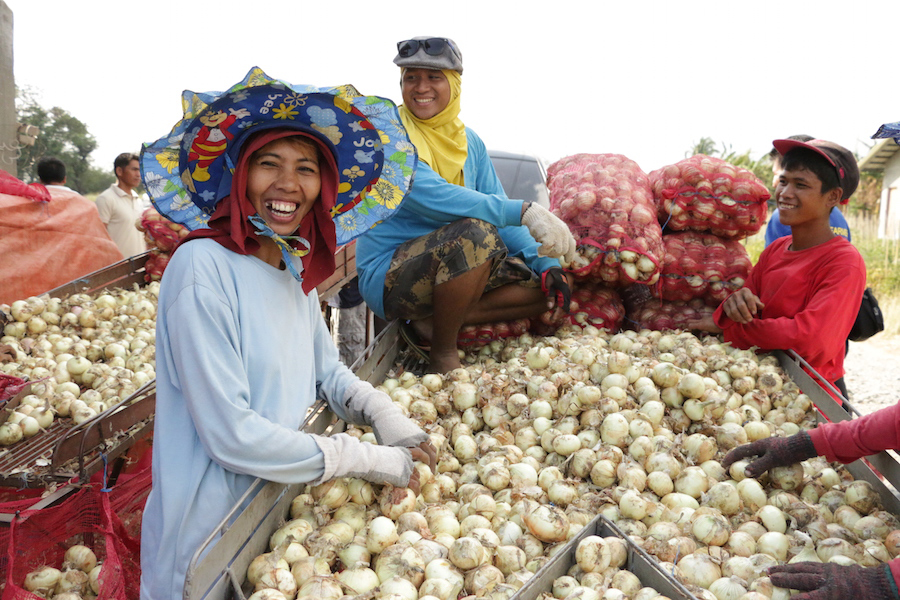
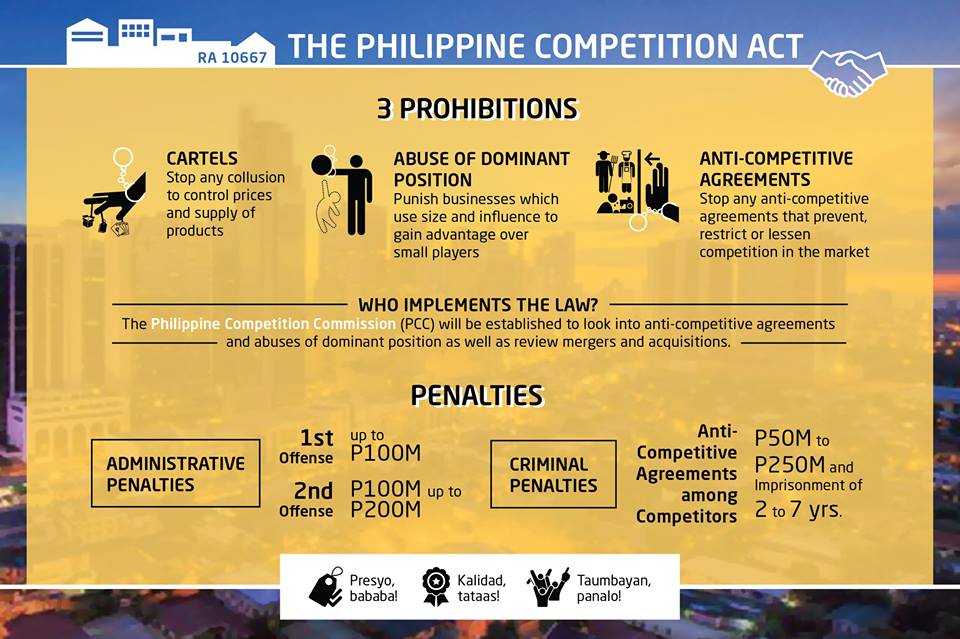



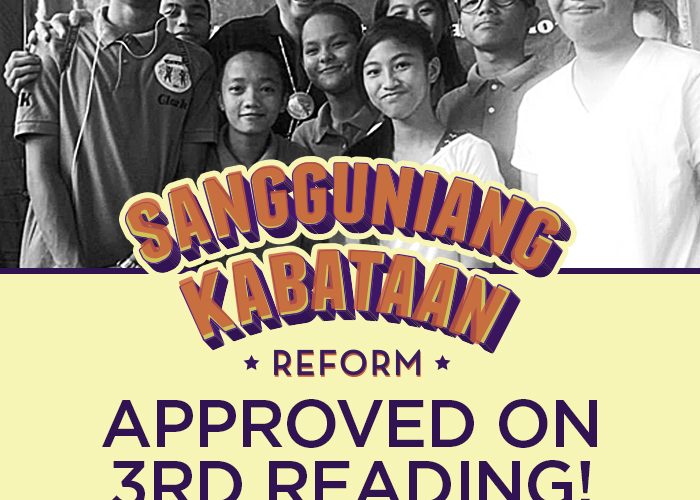
Recent Comments